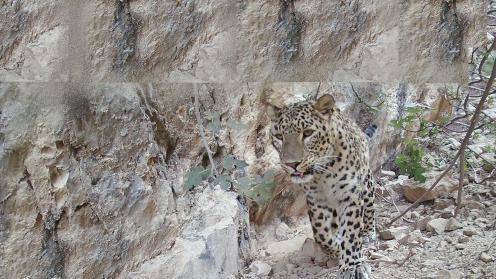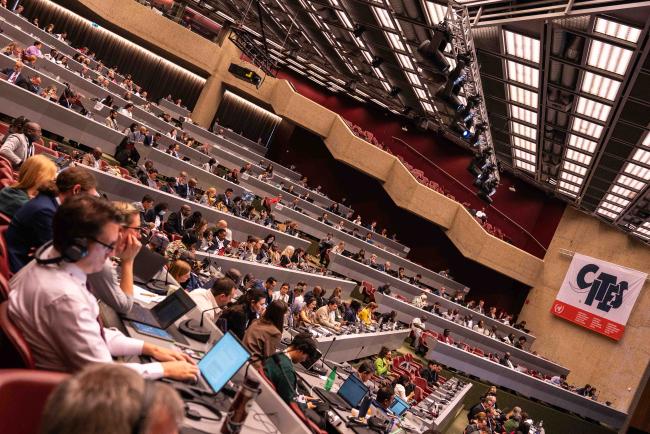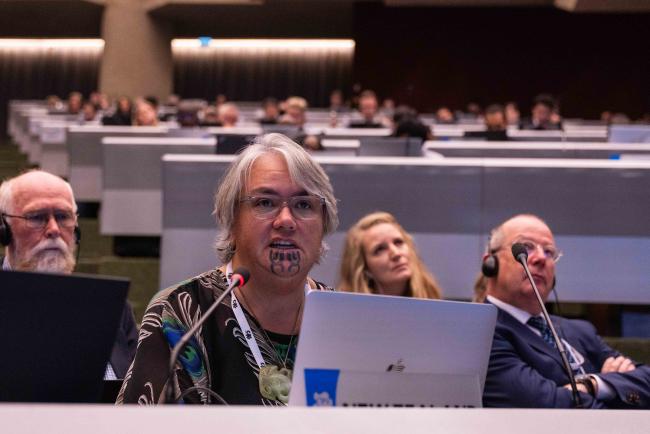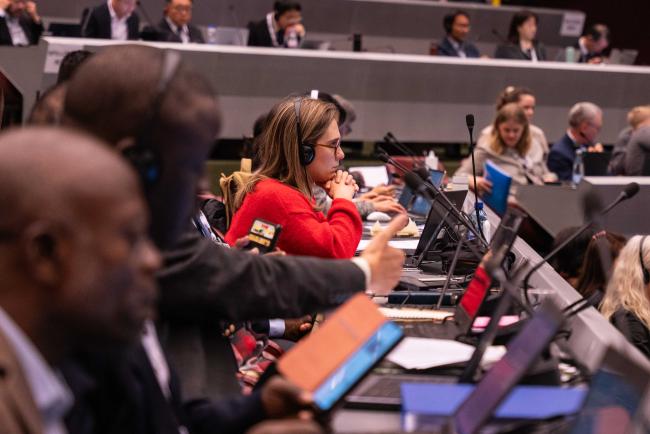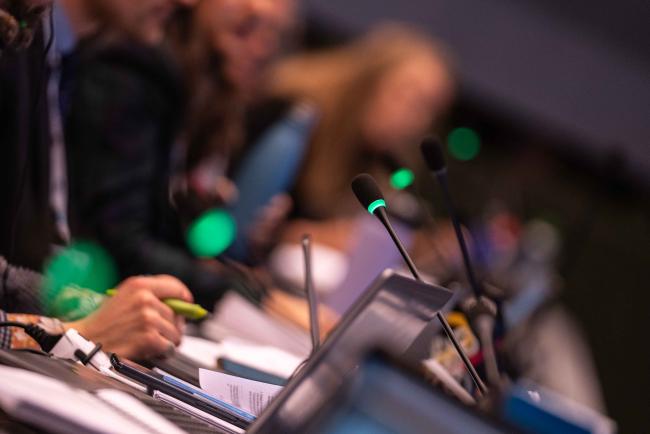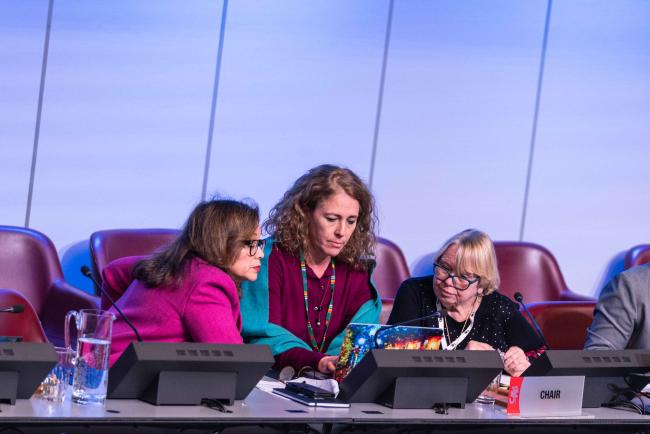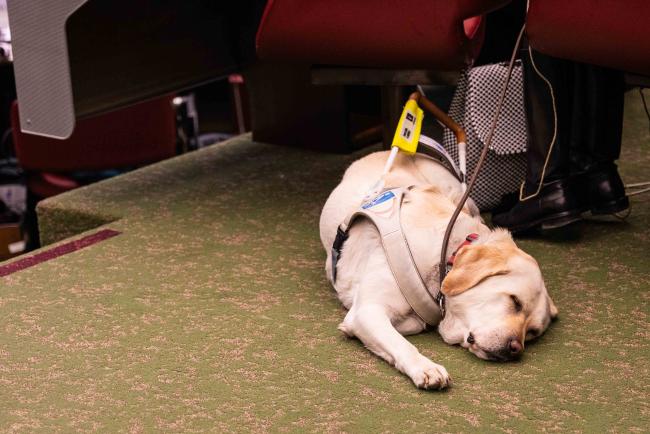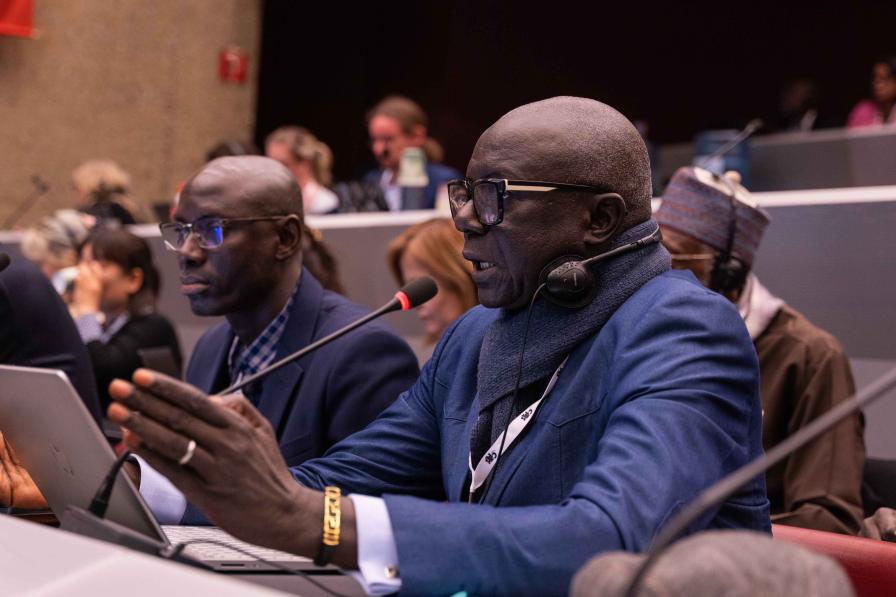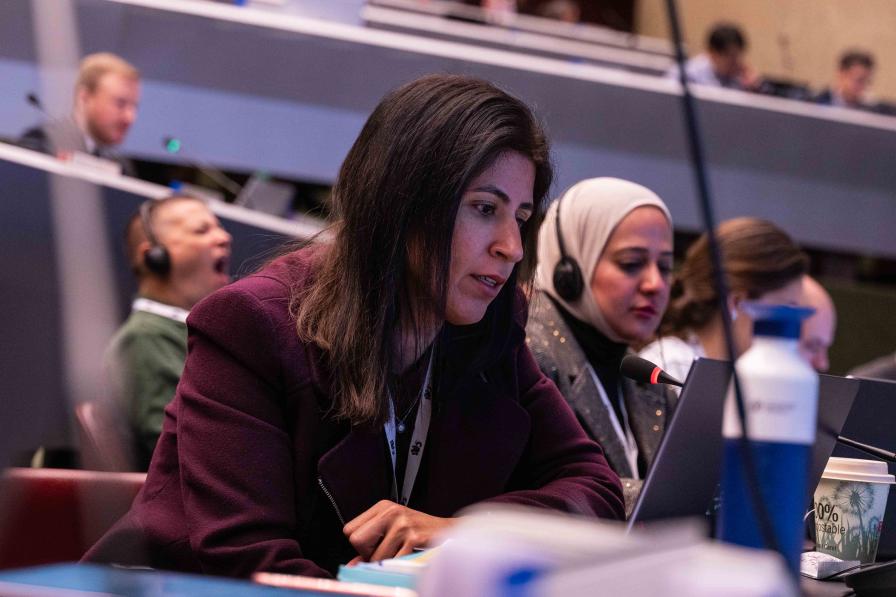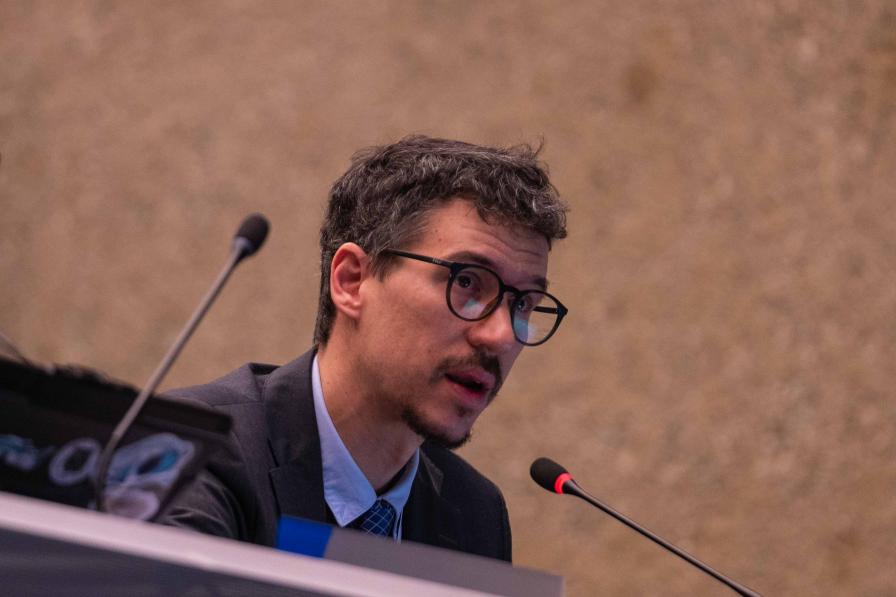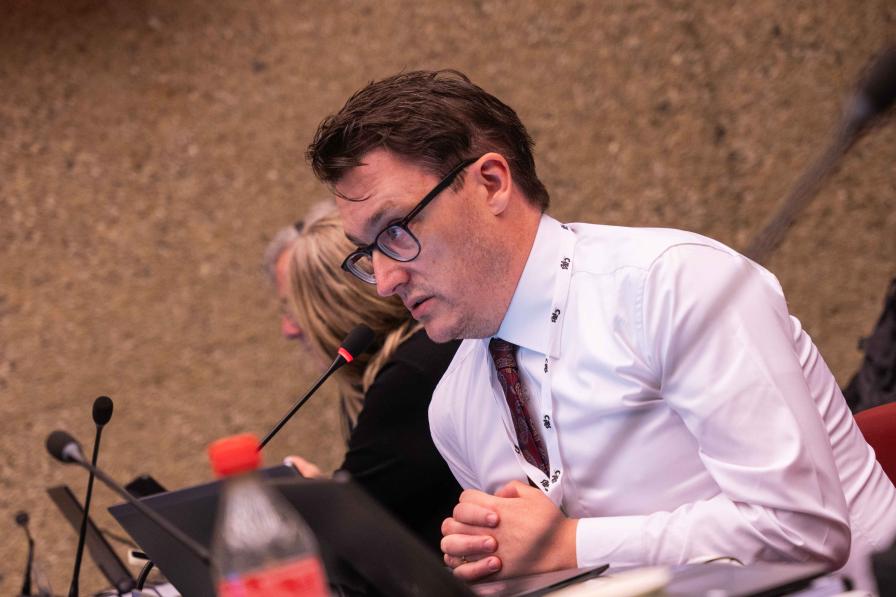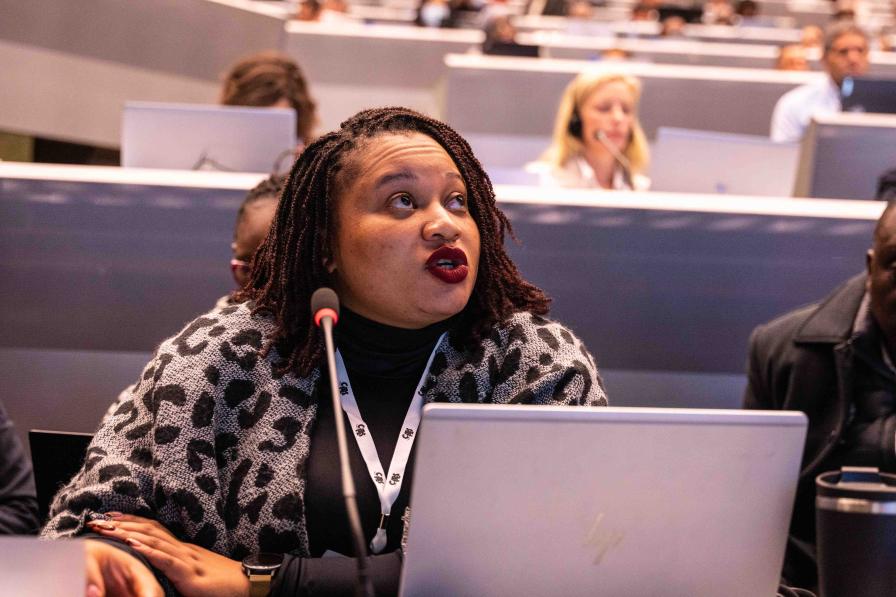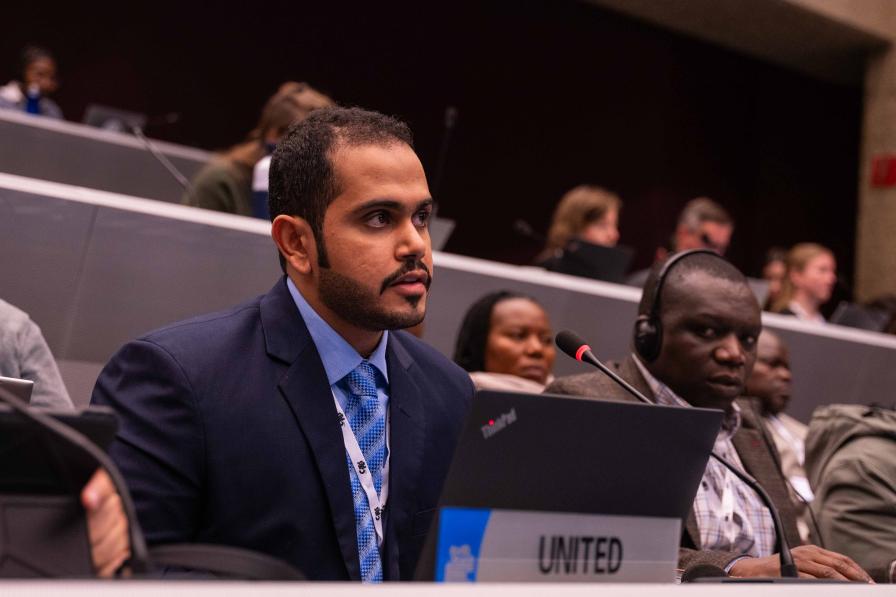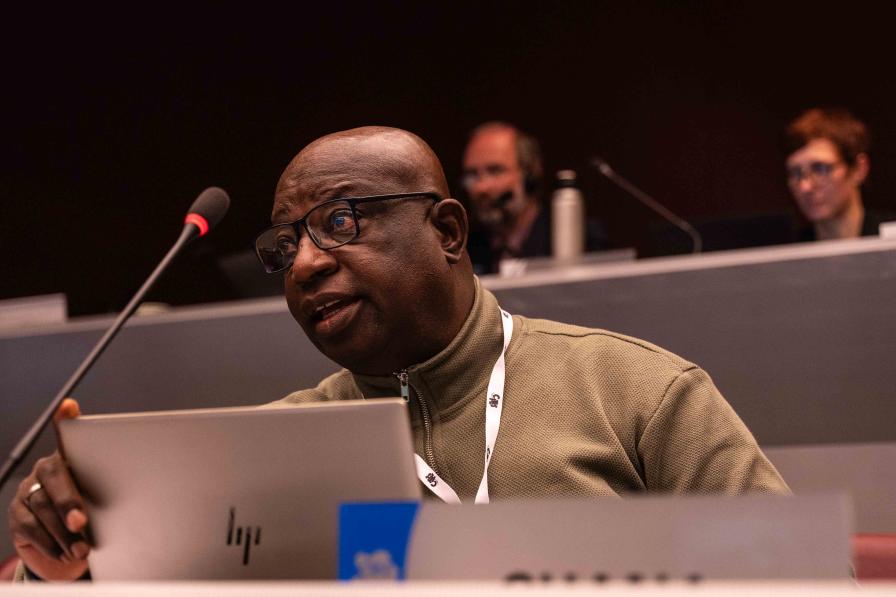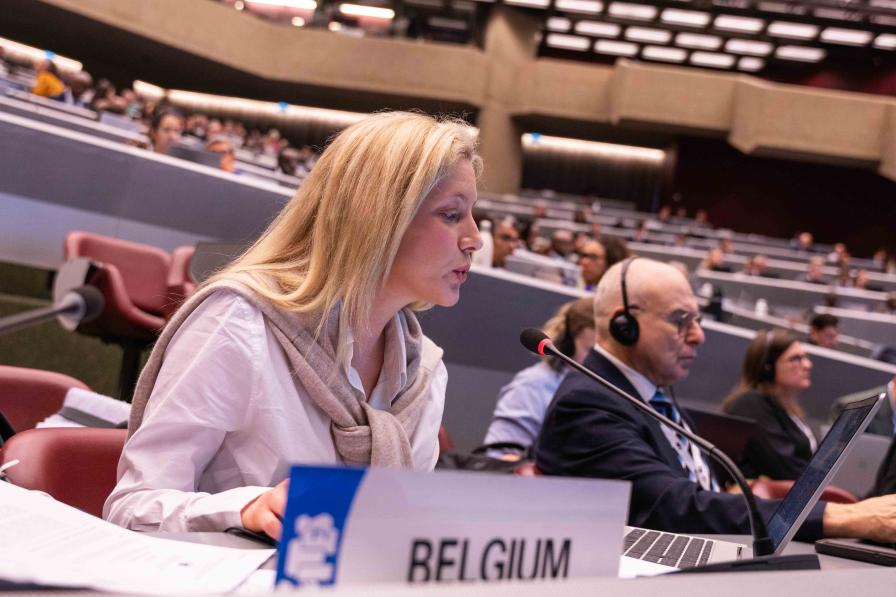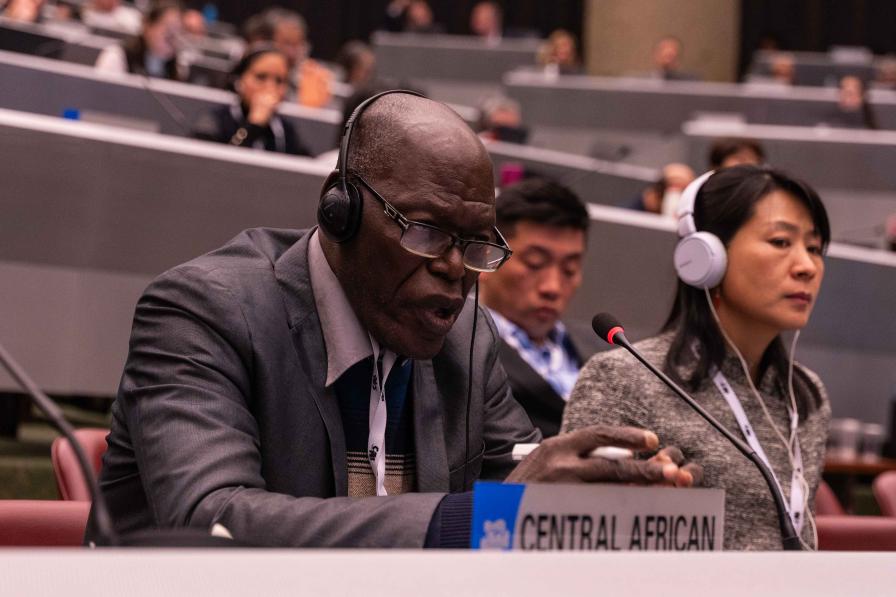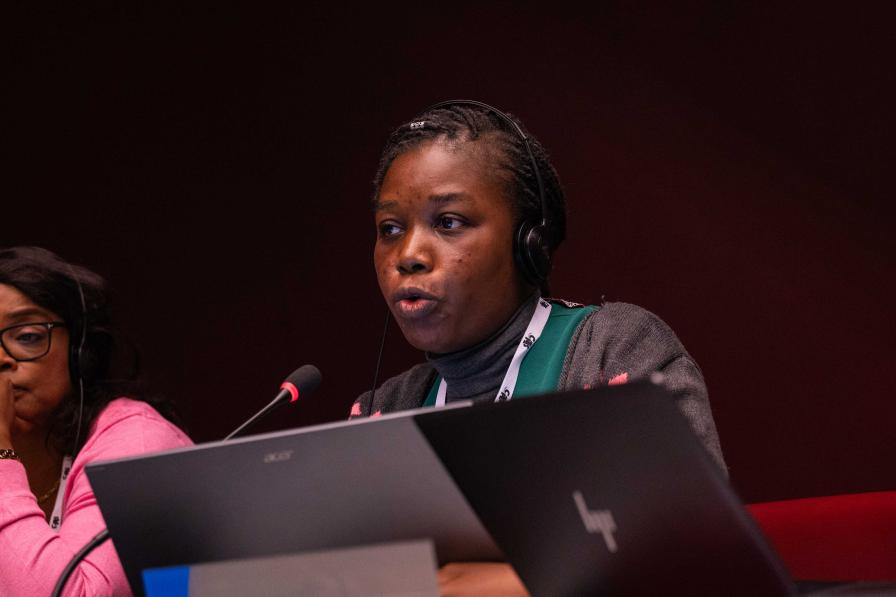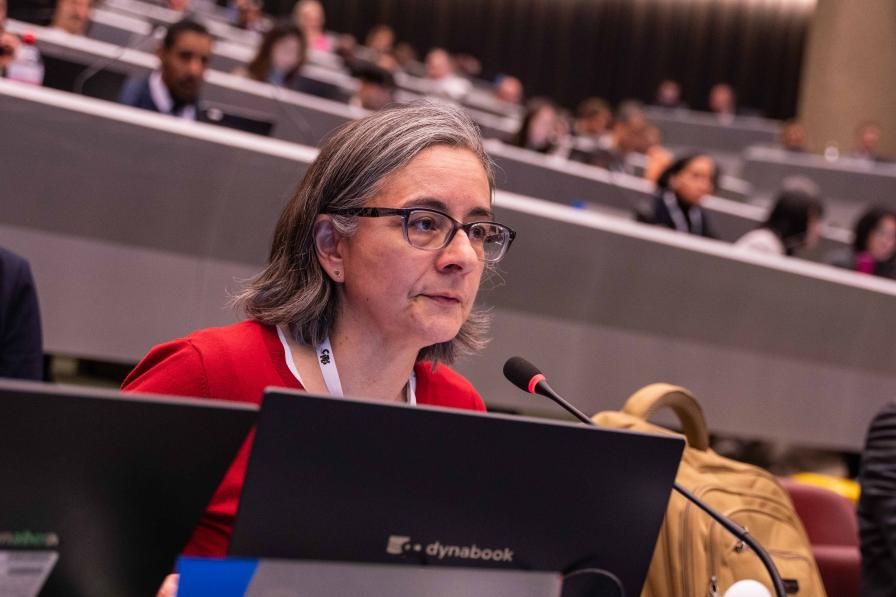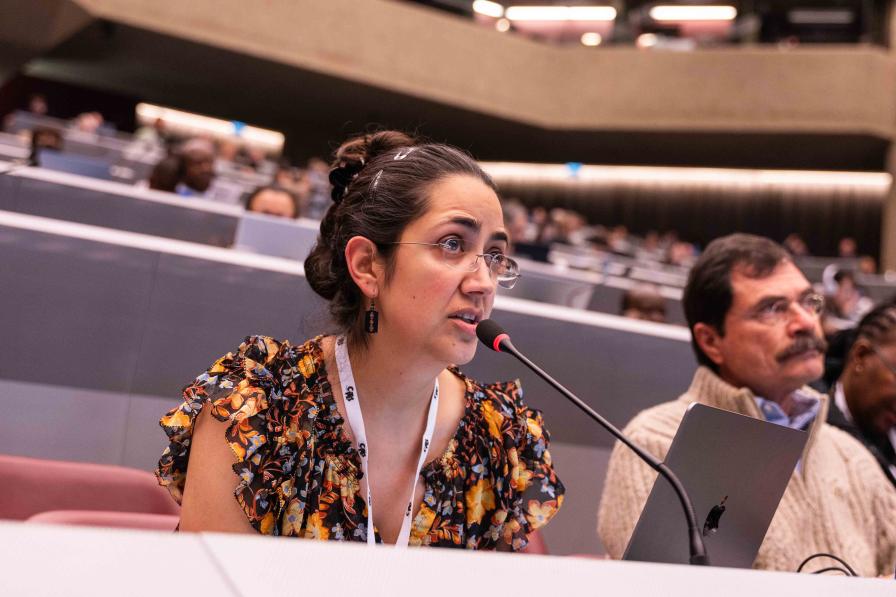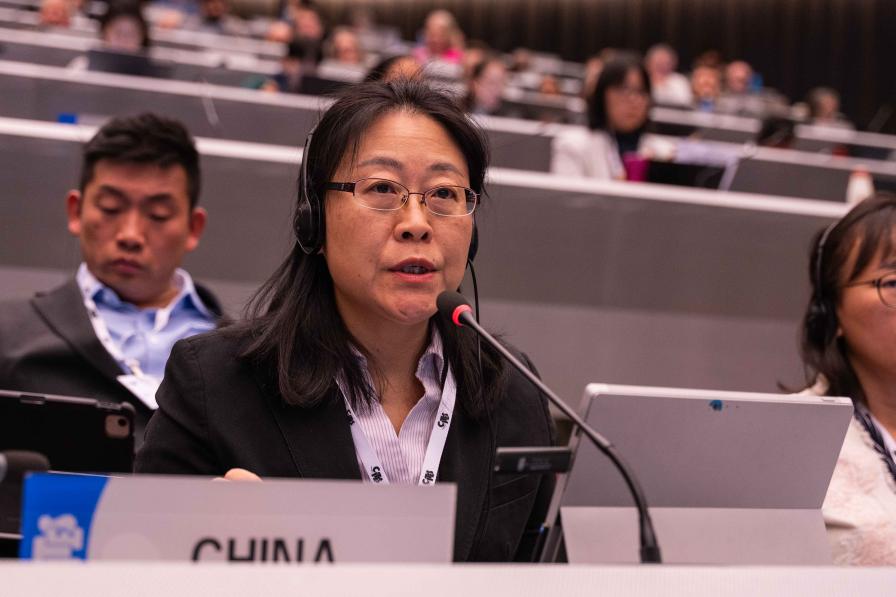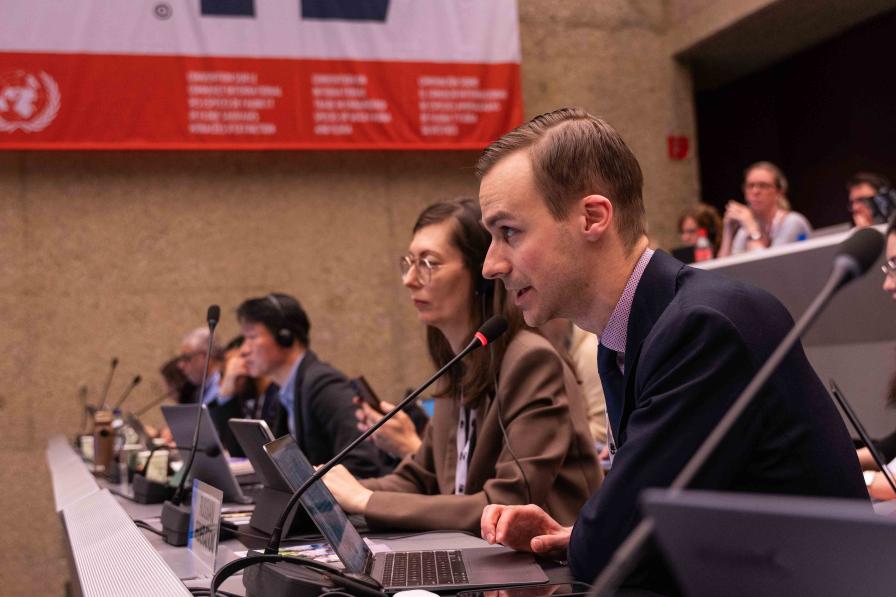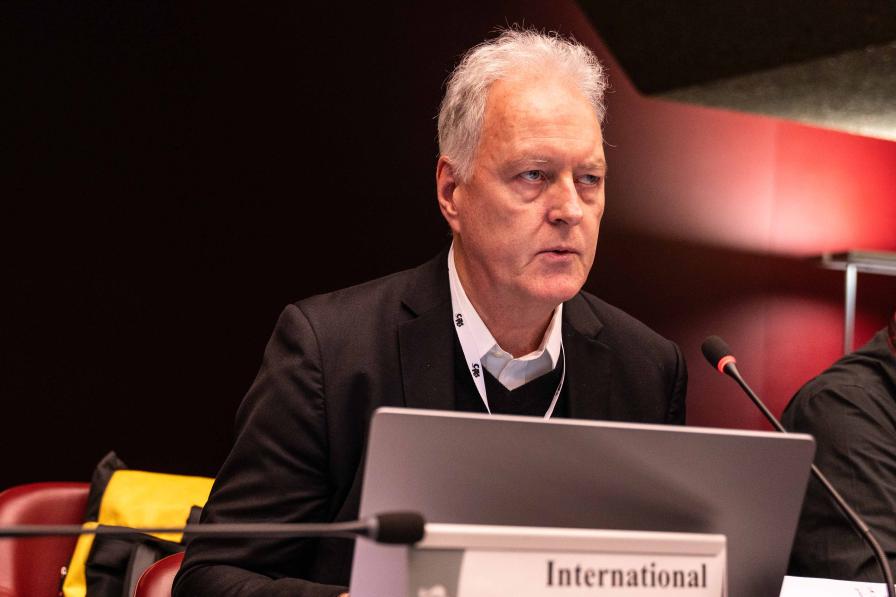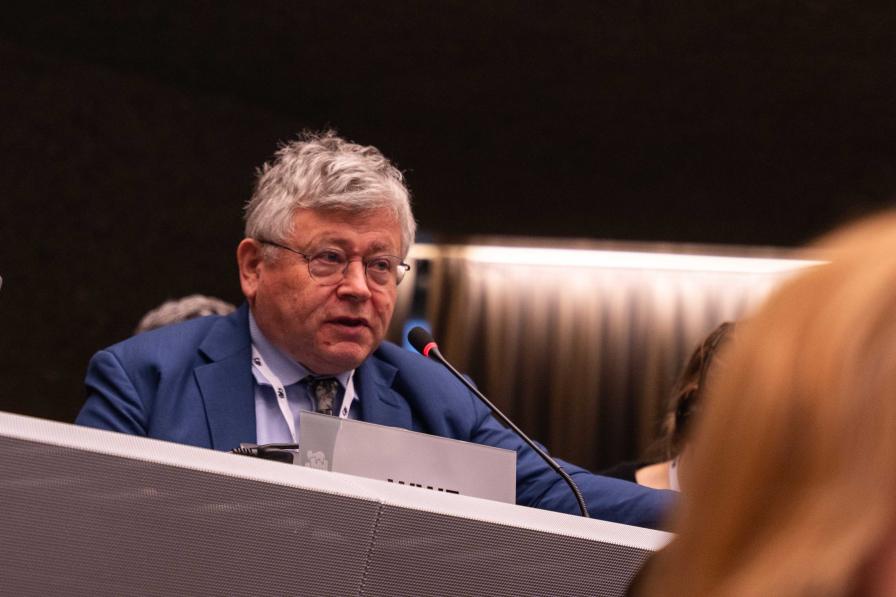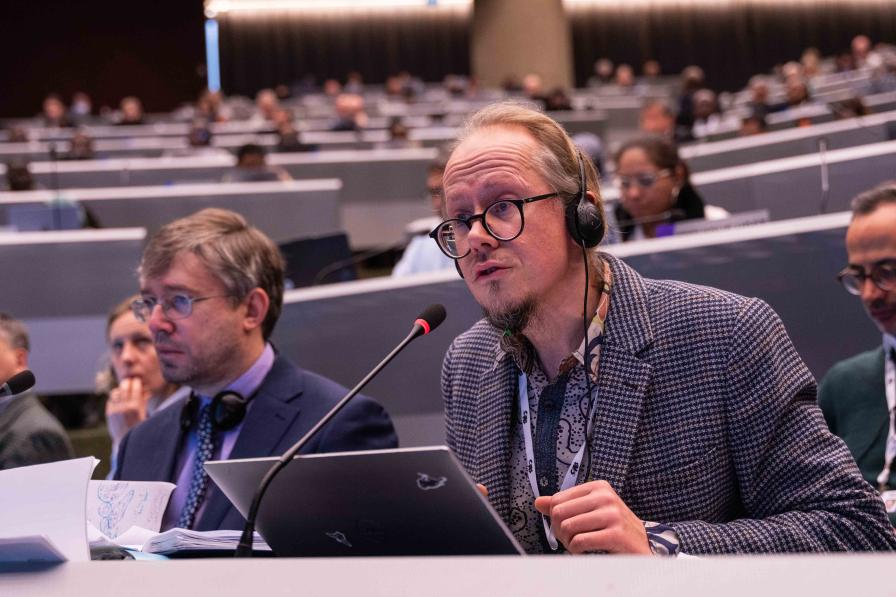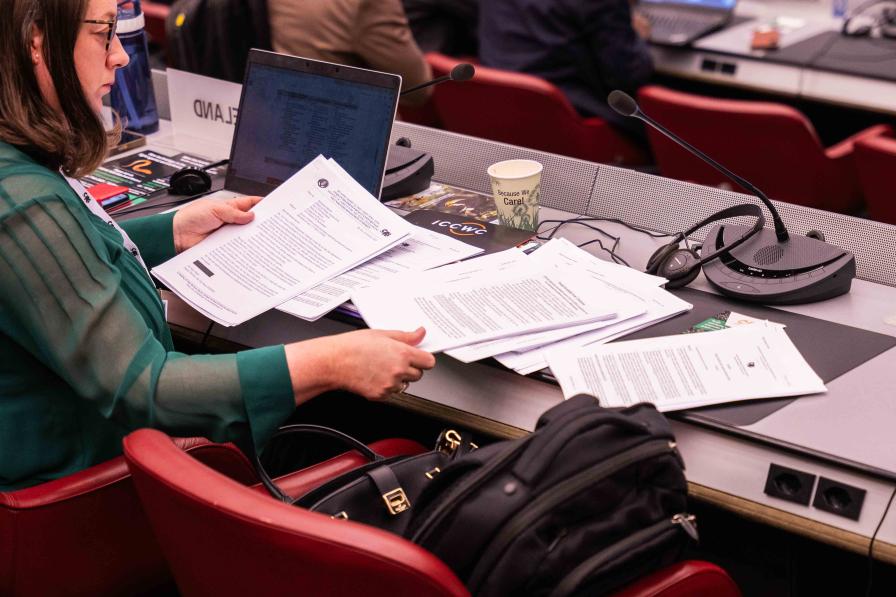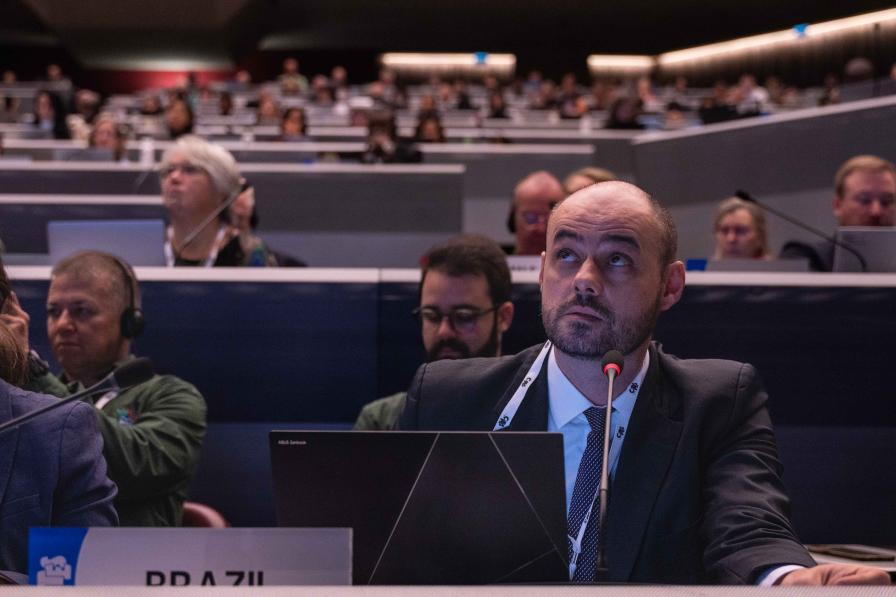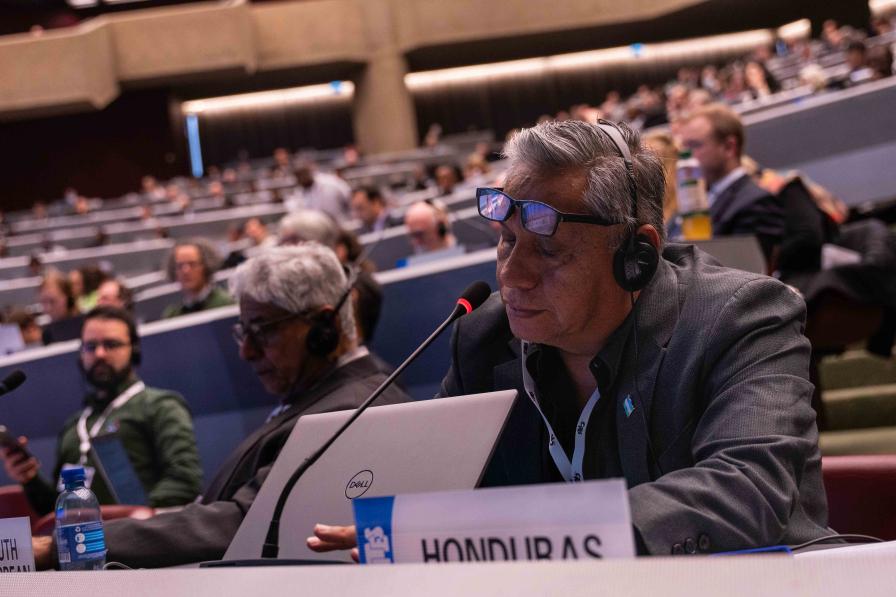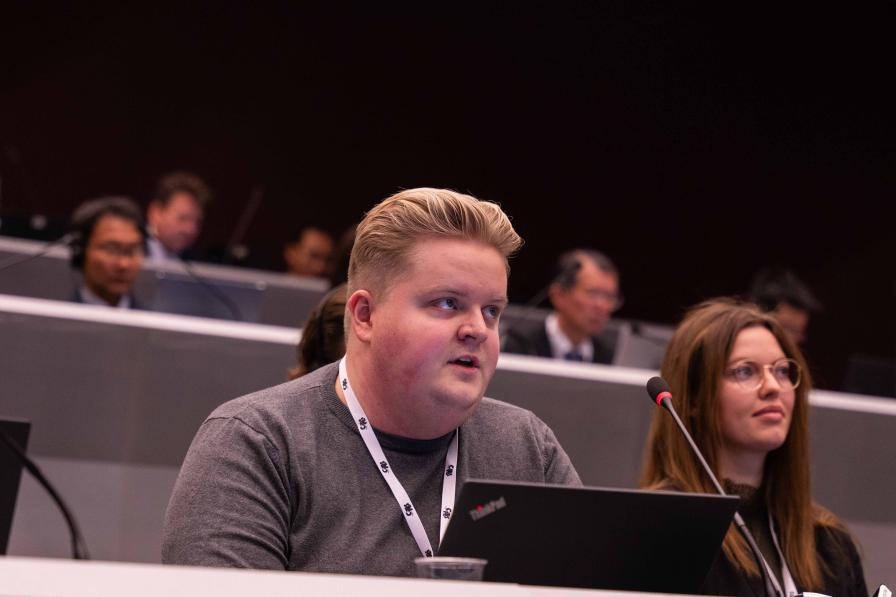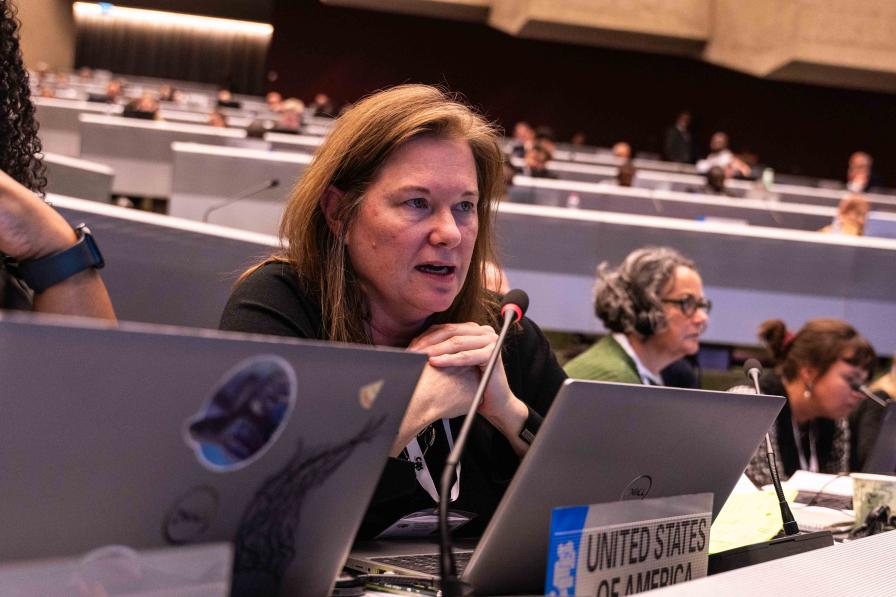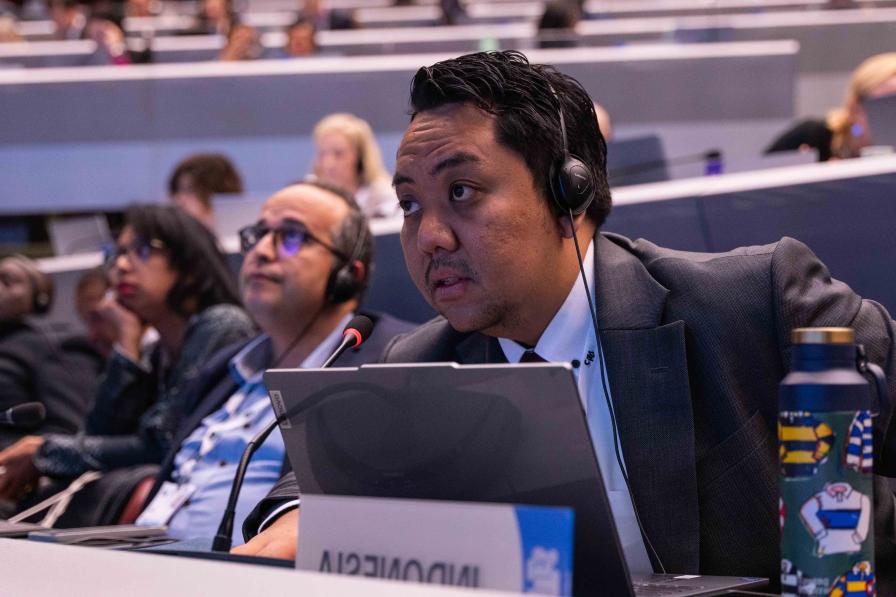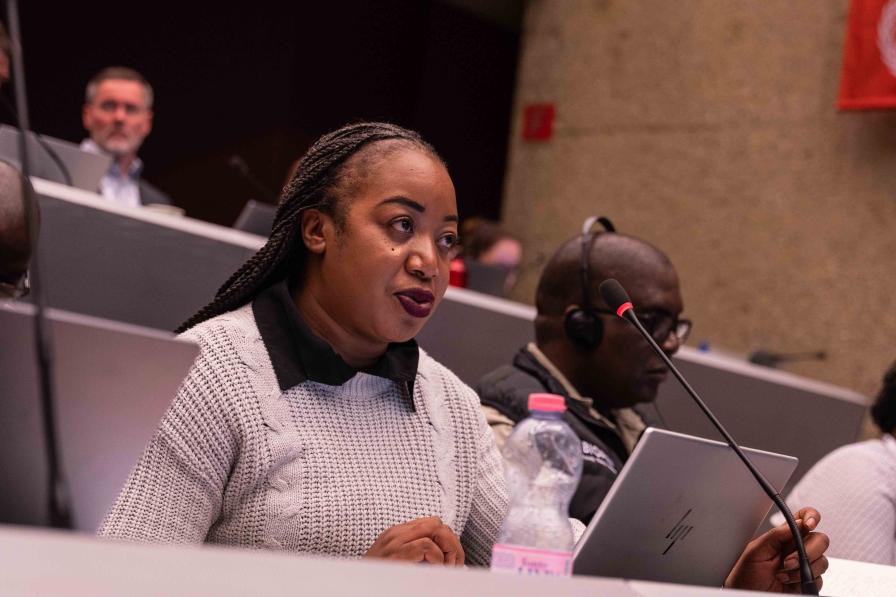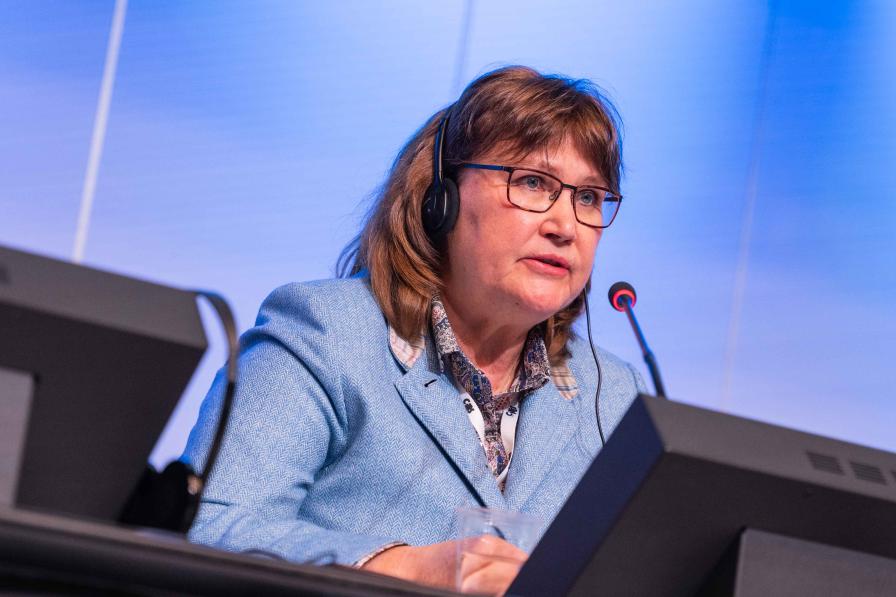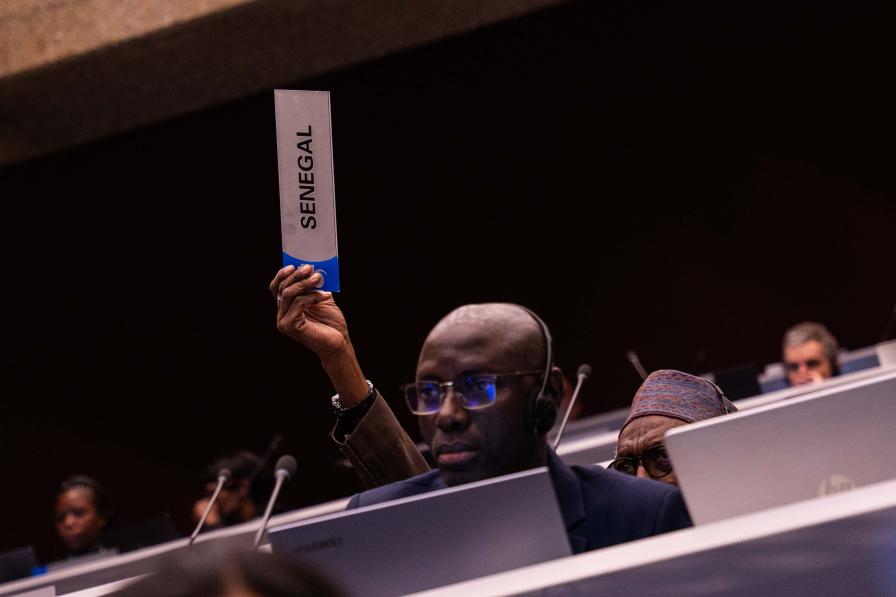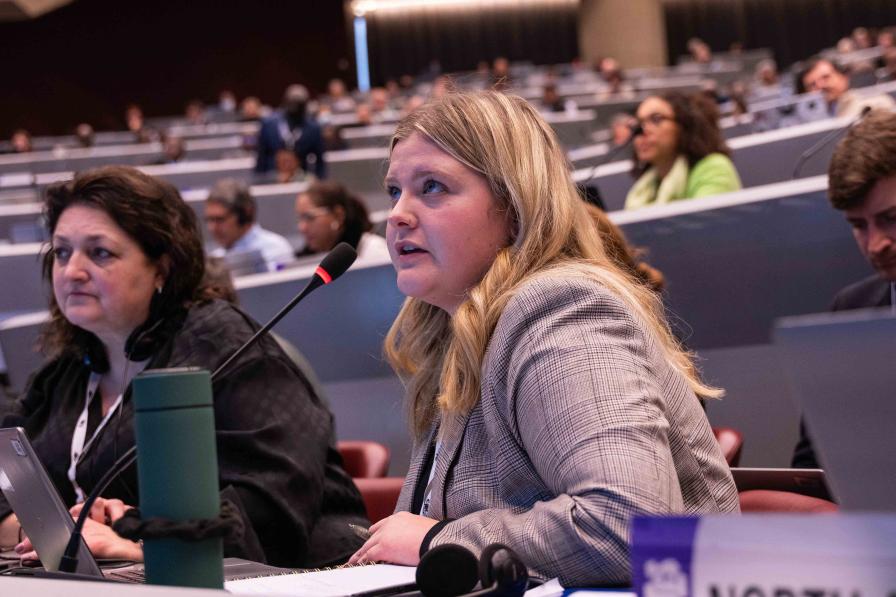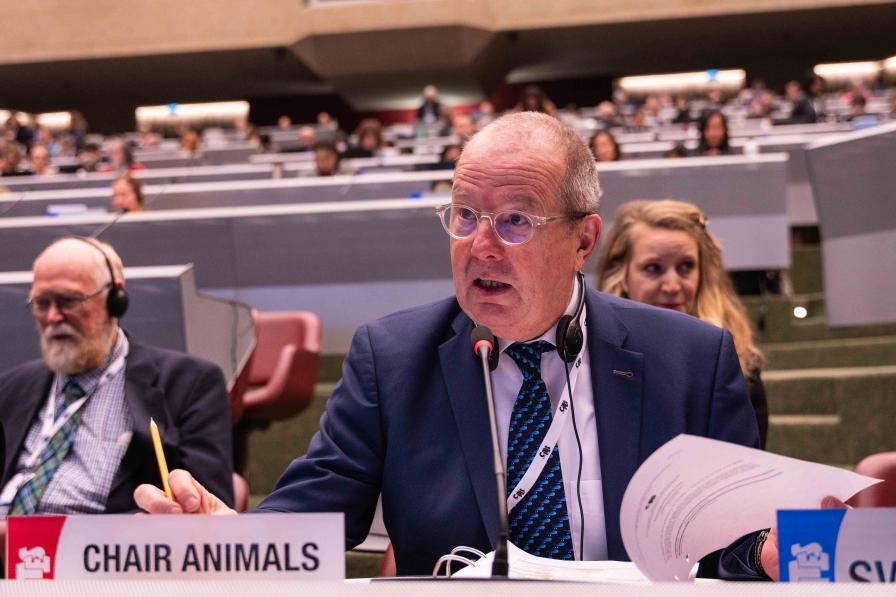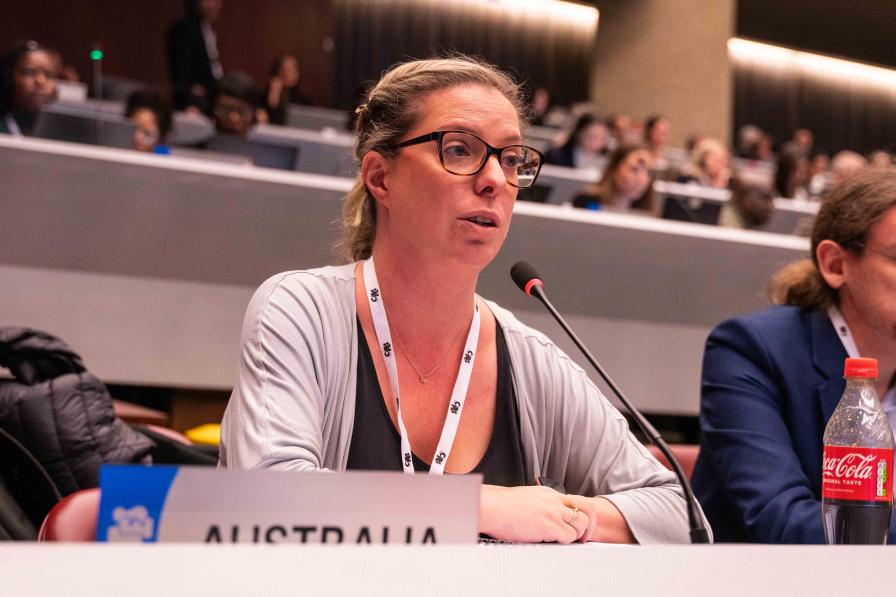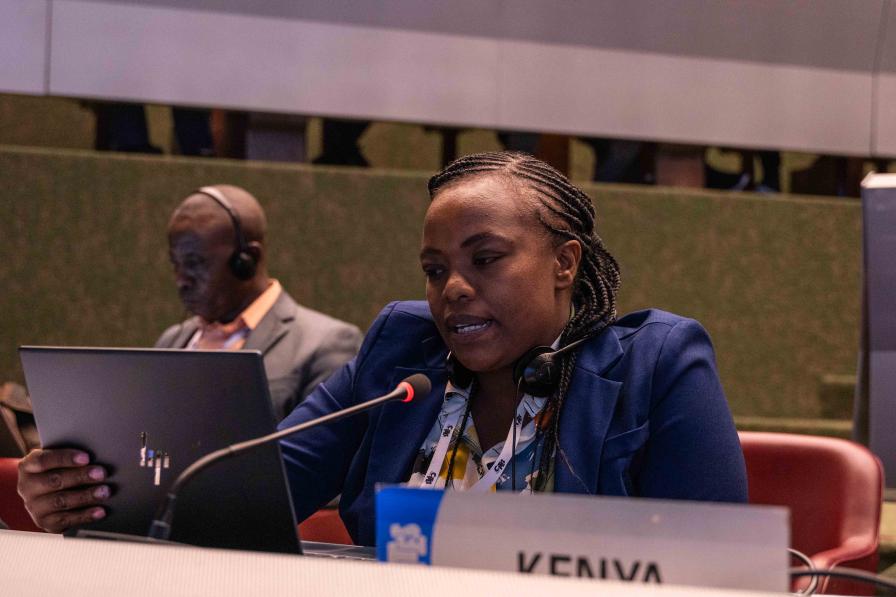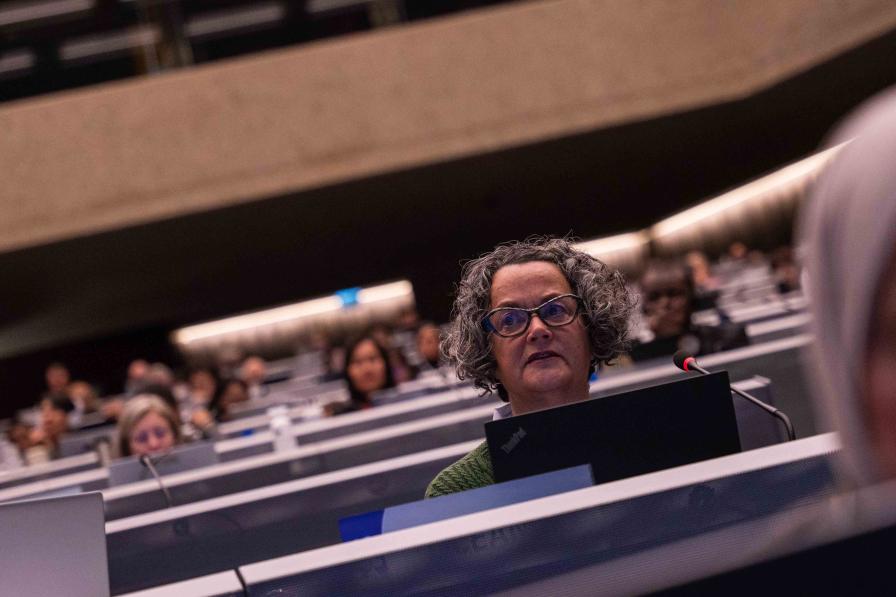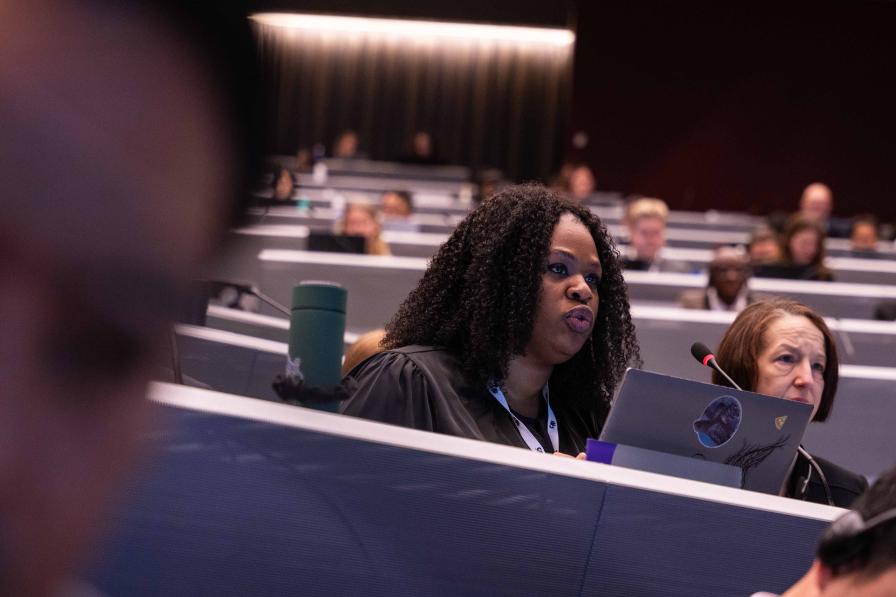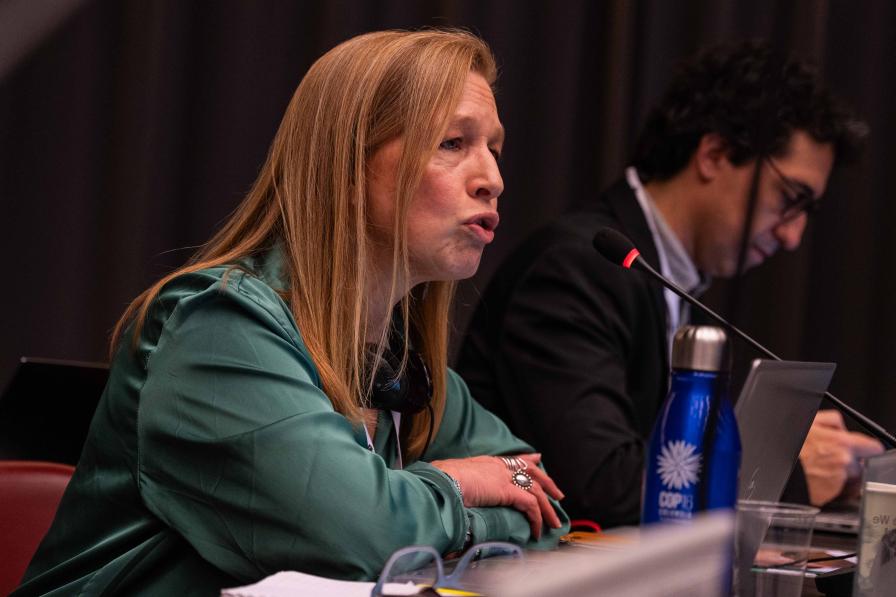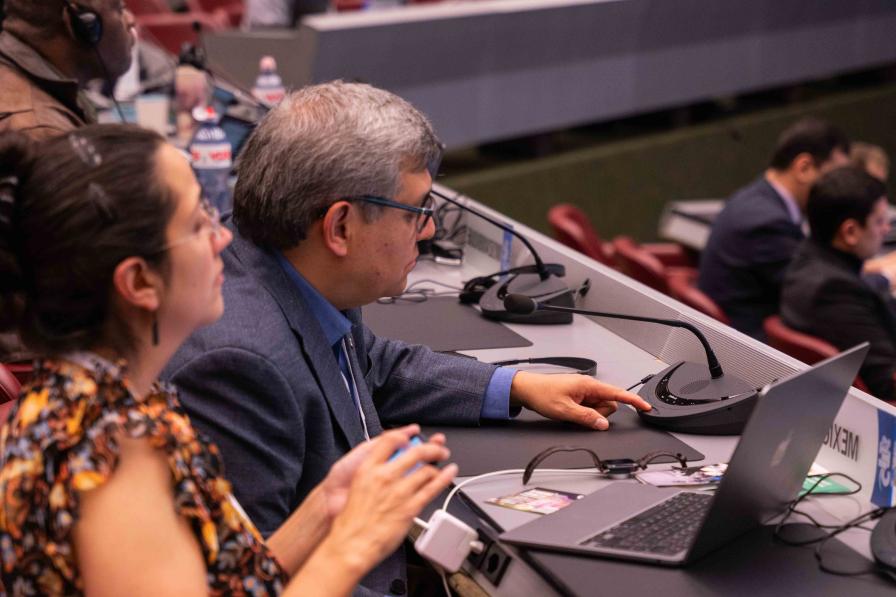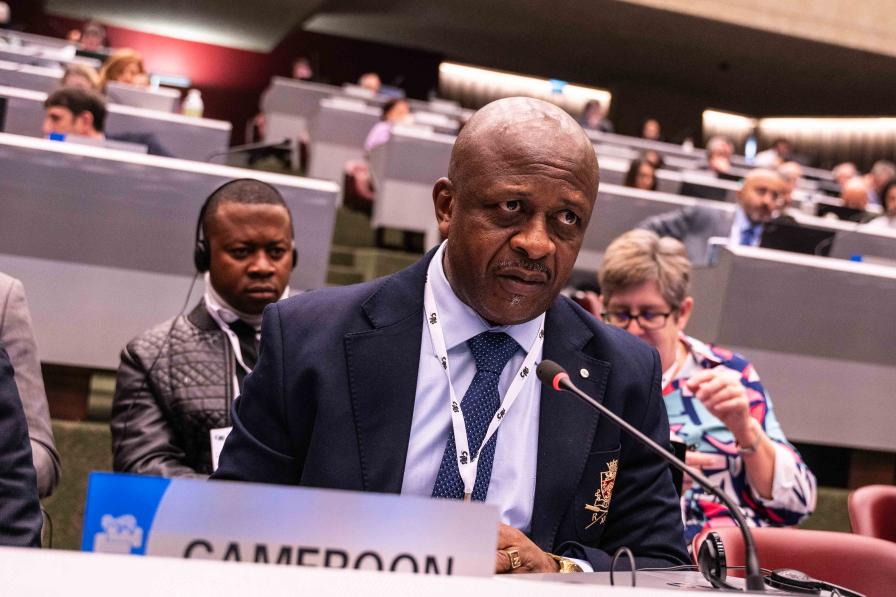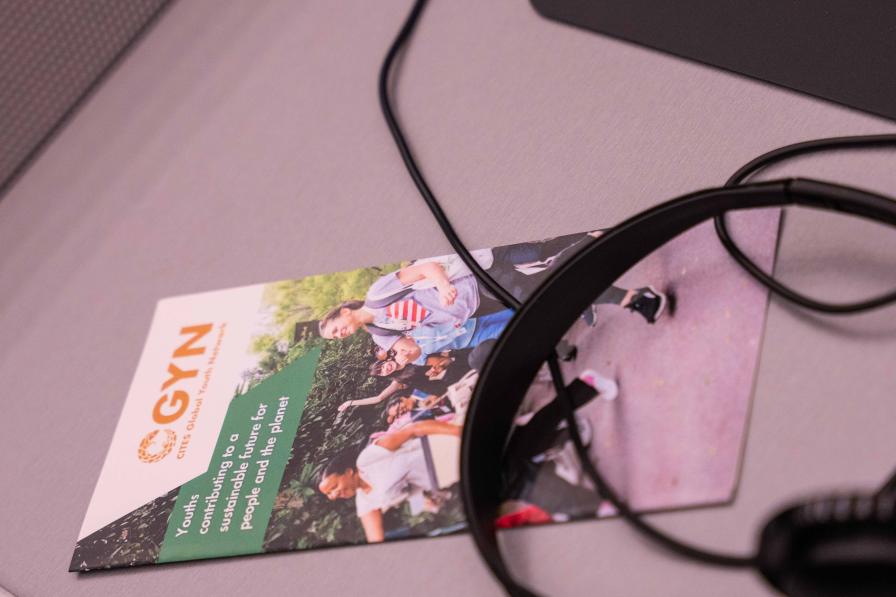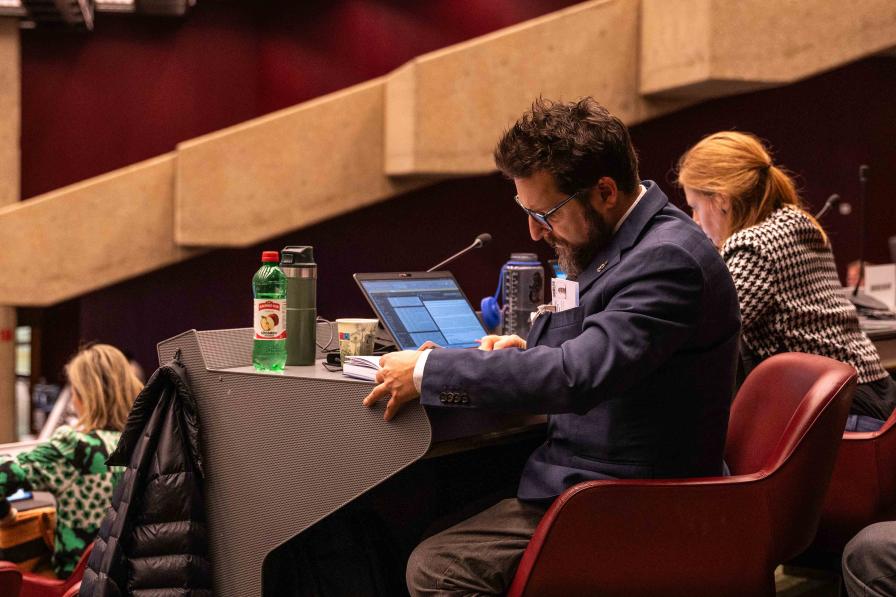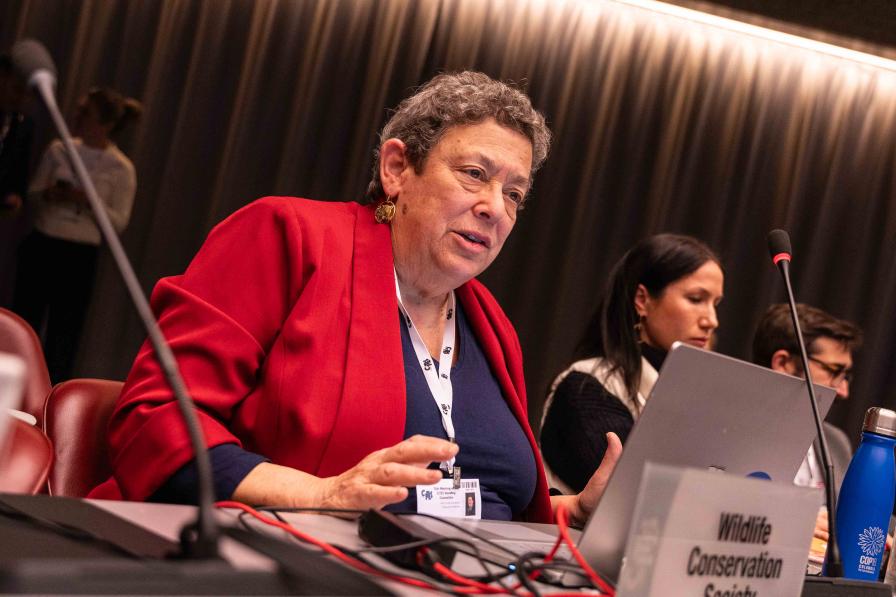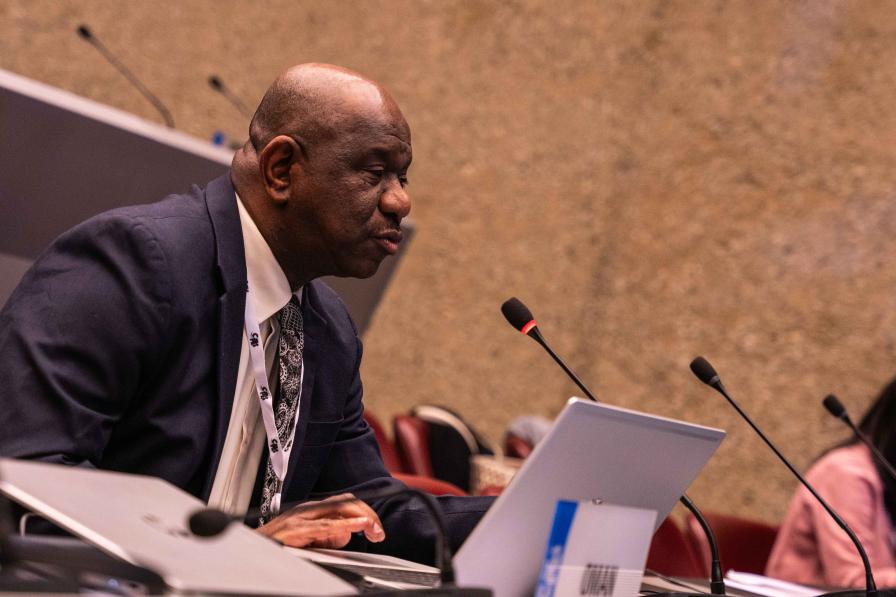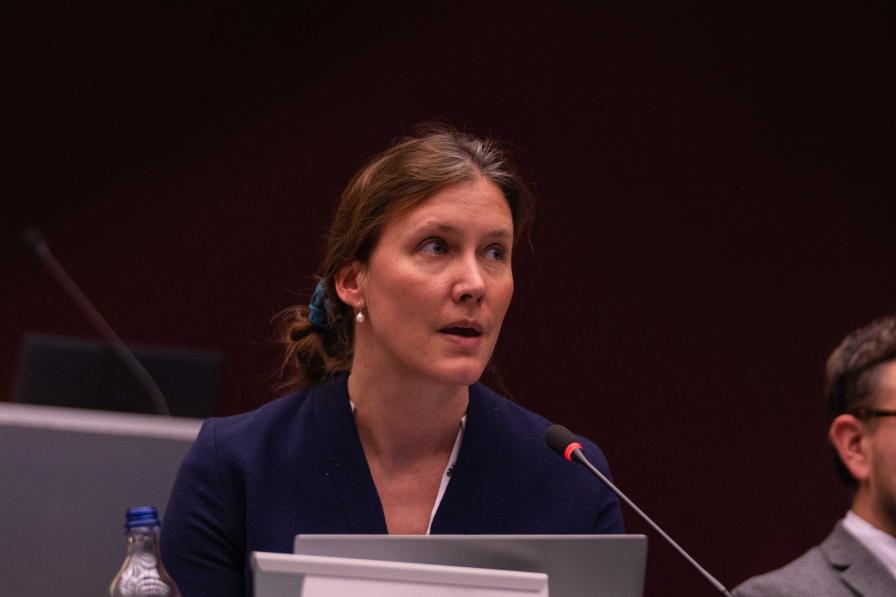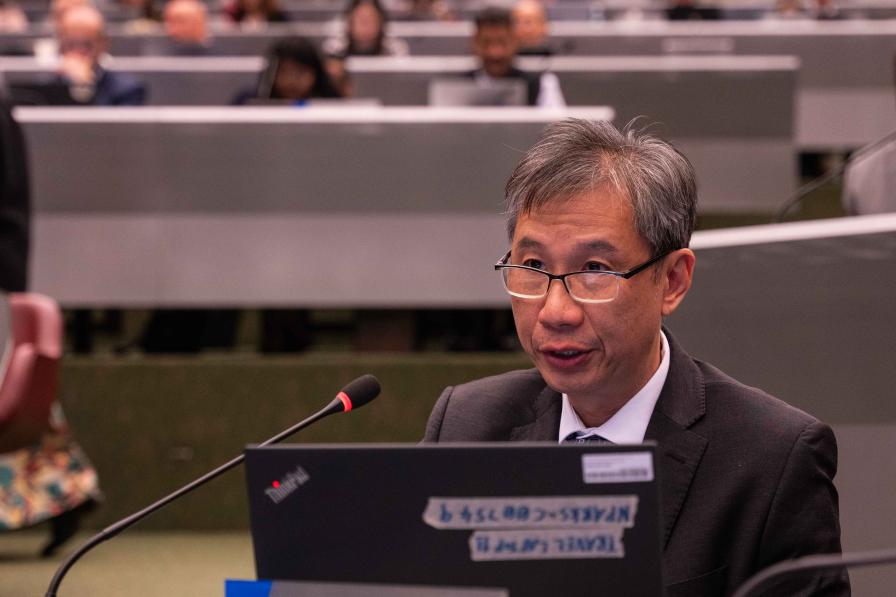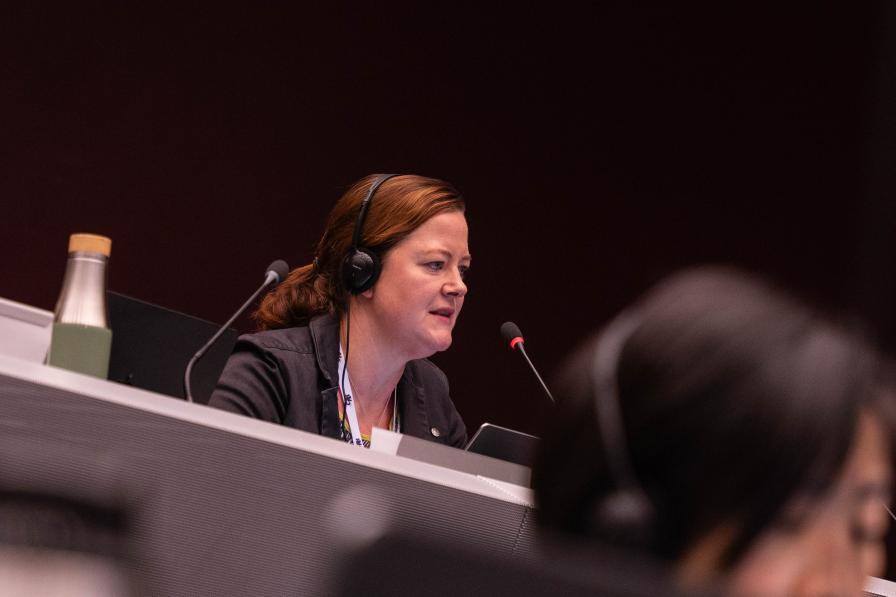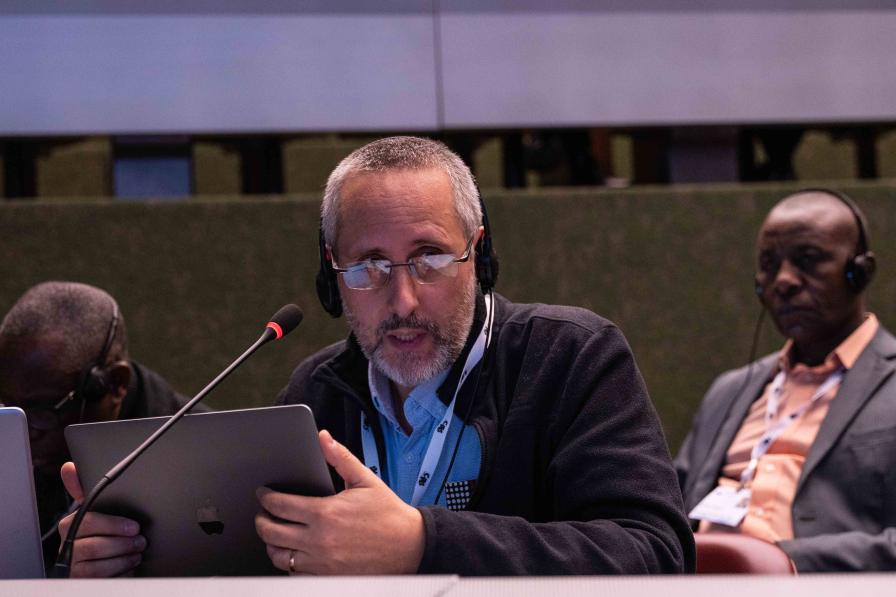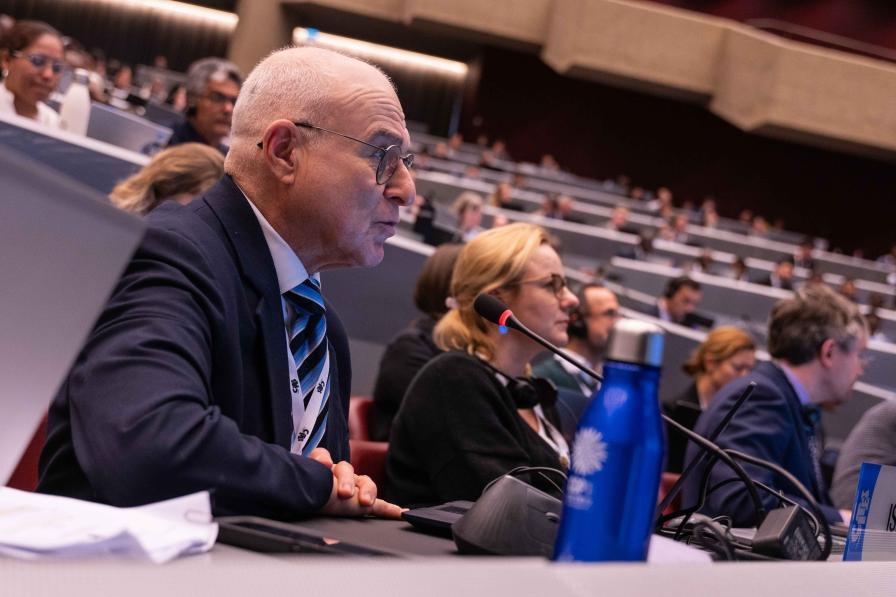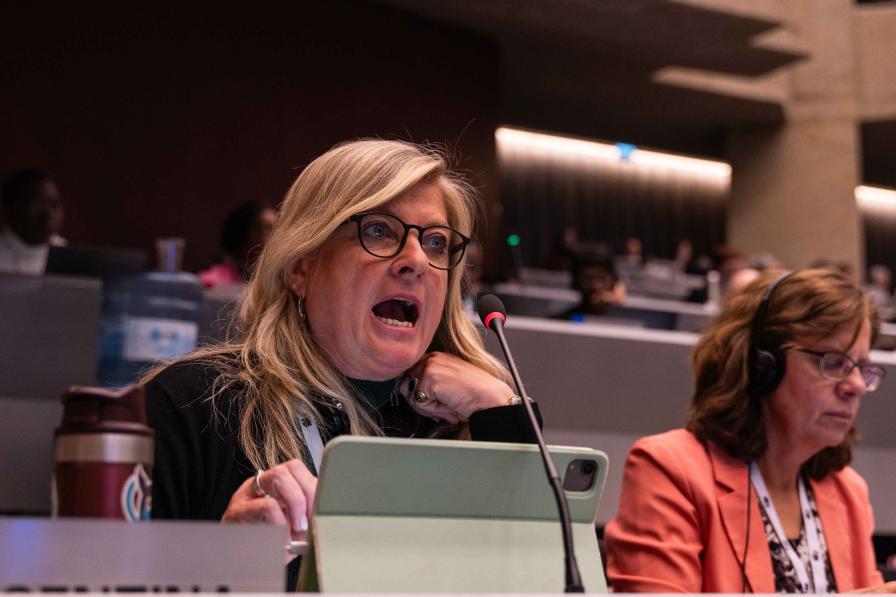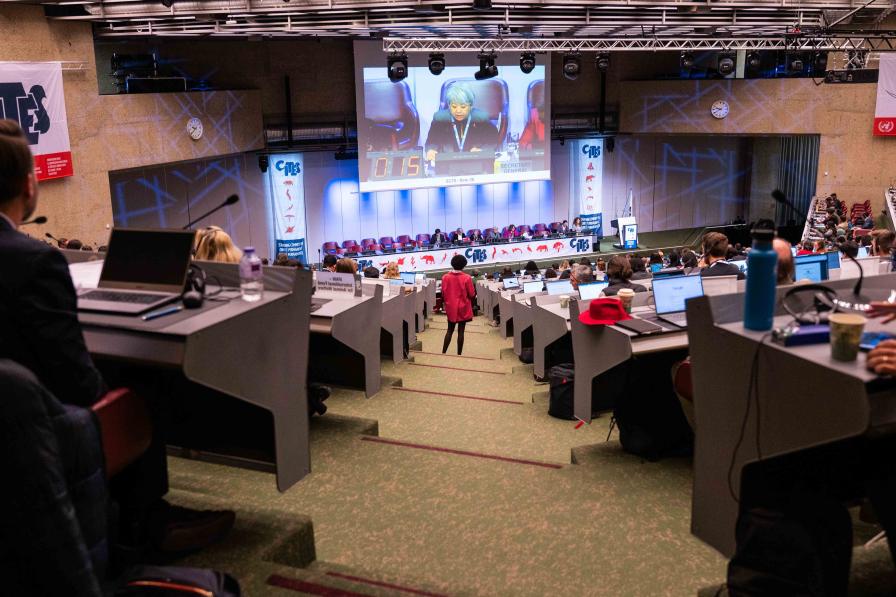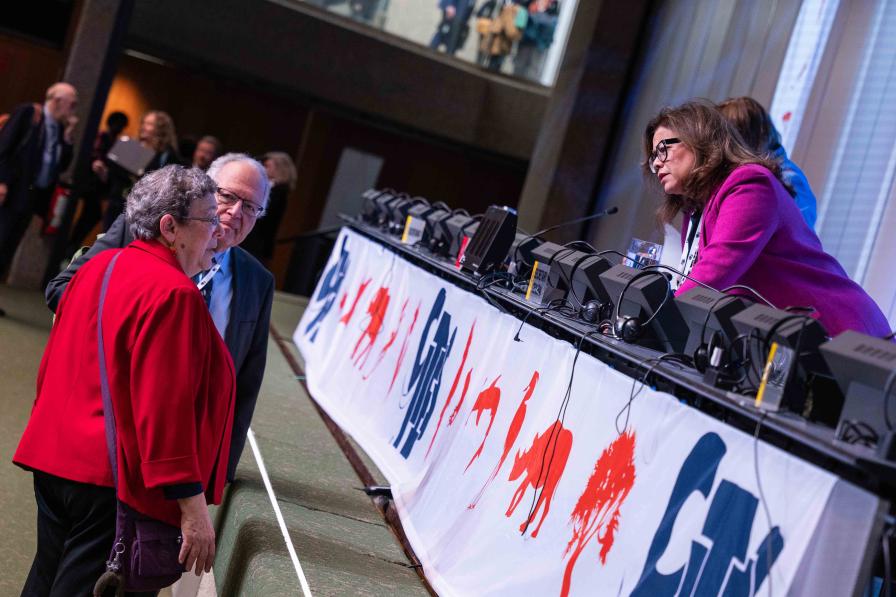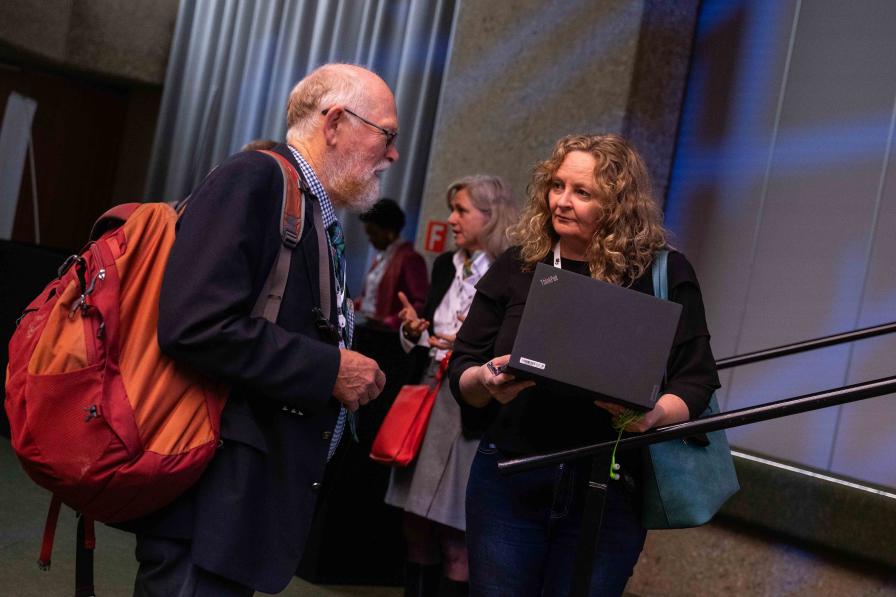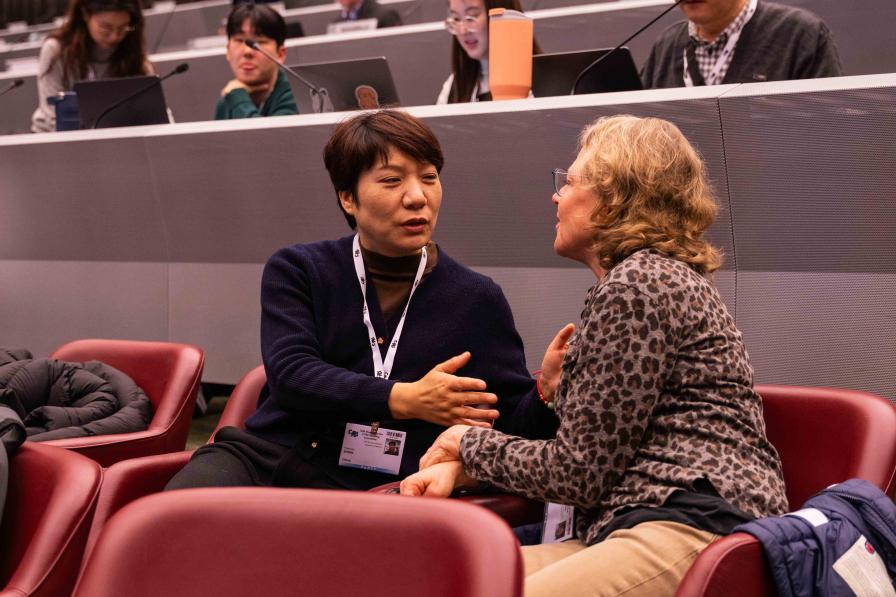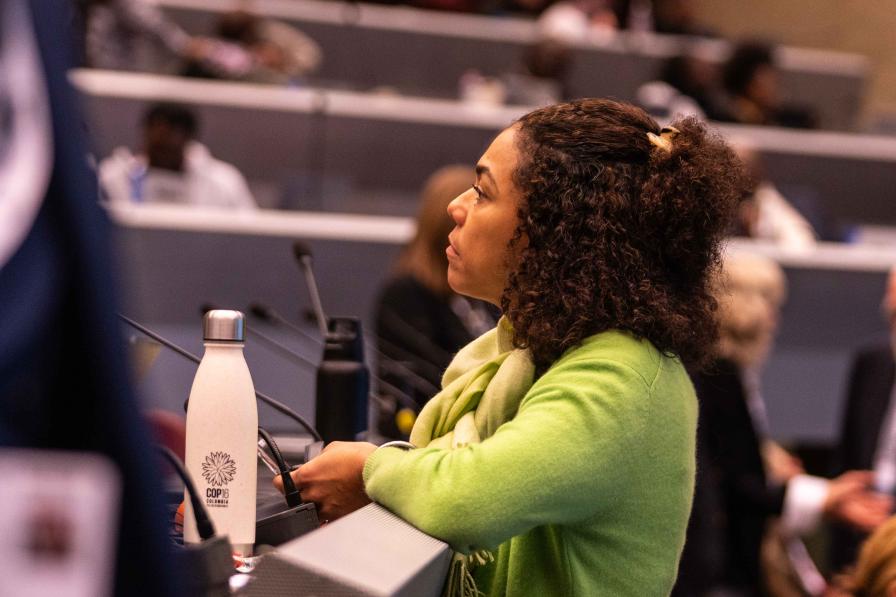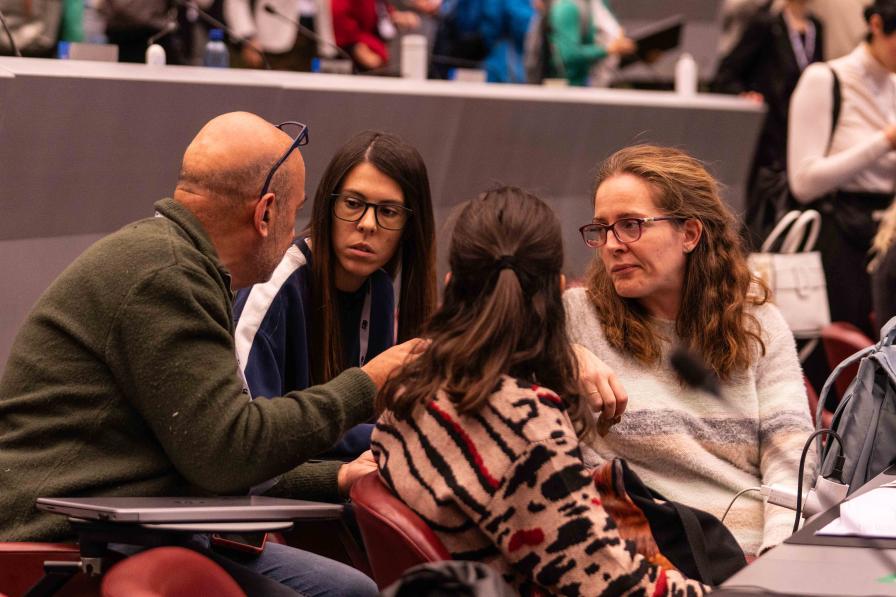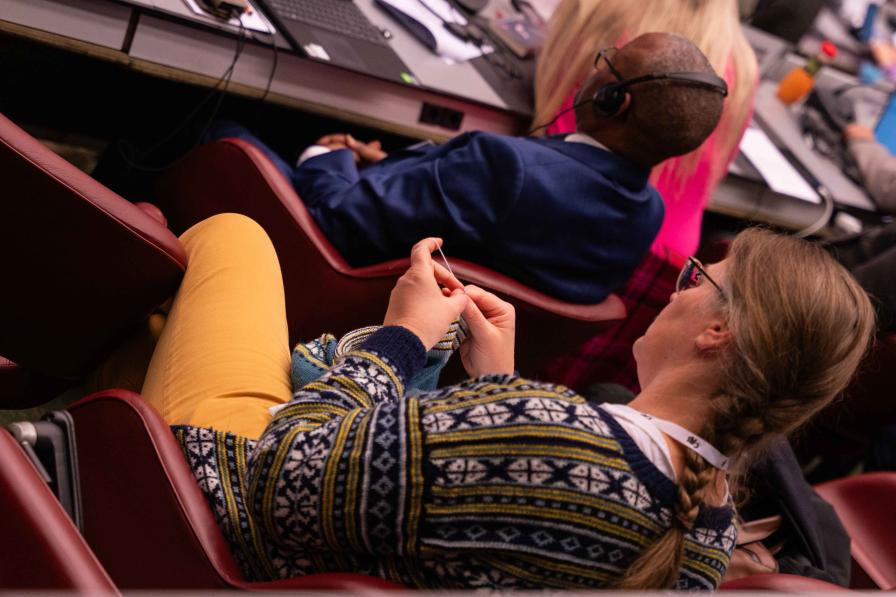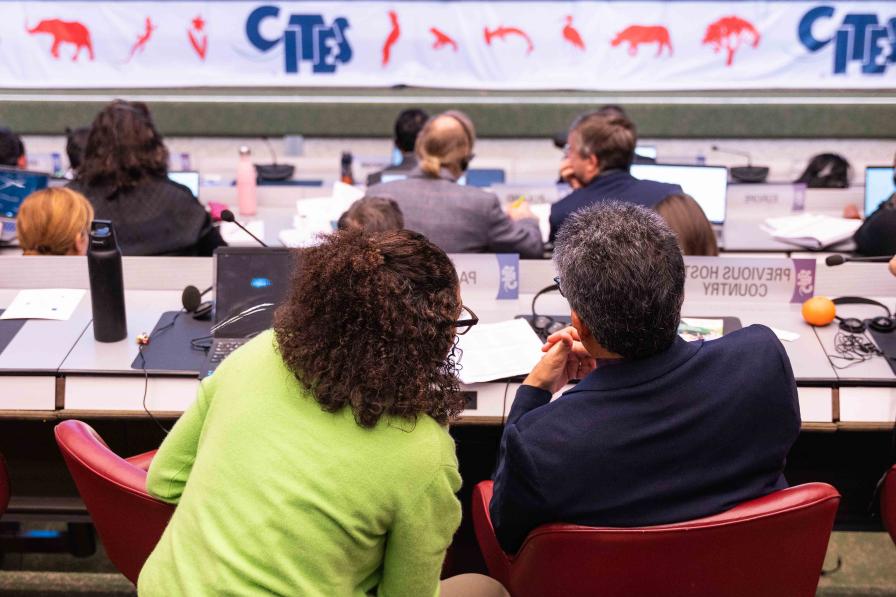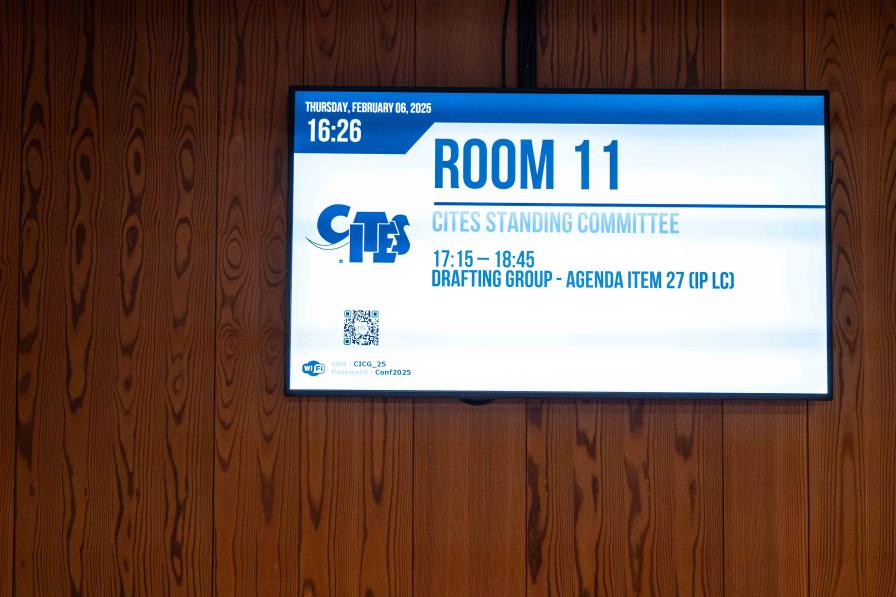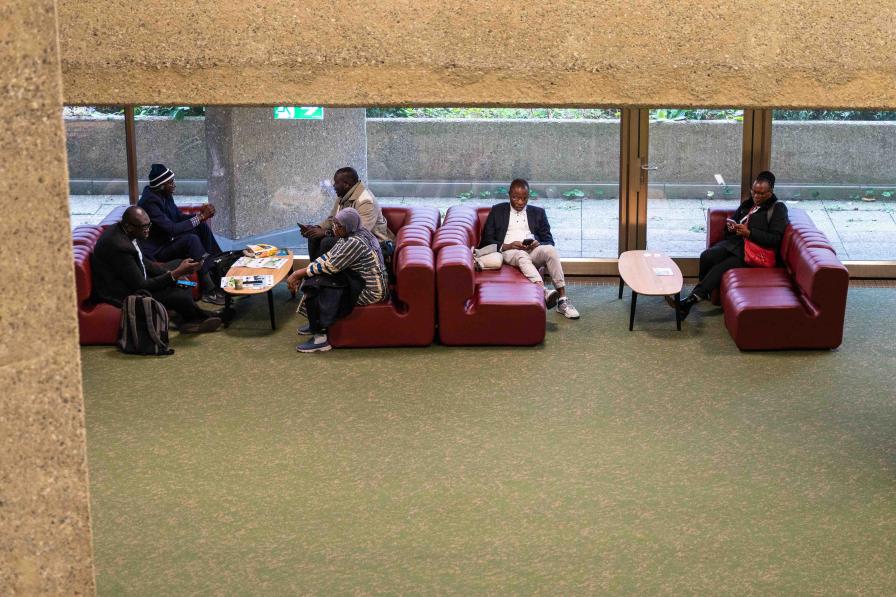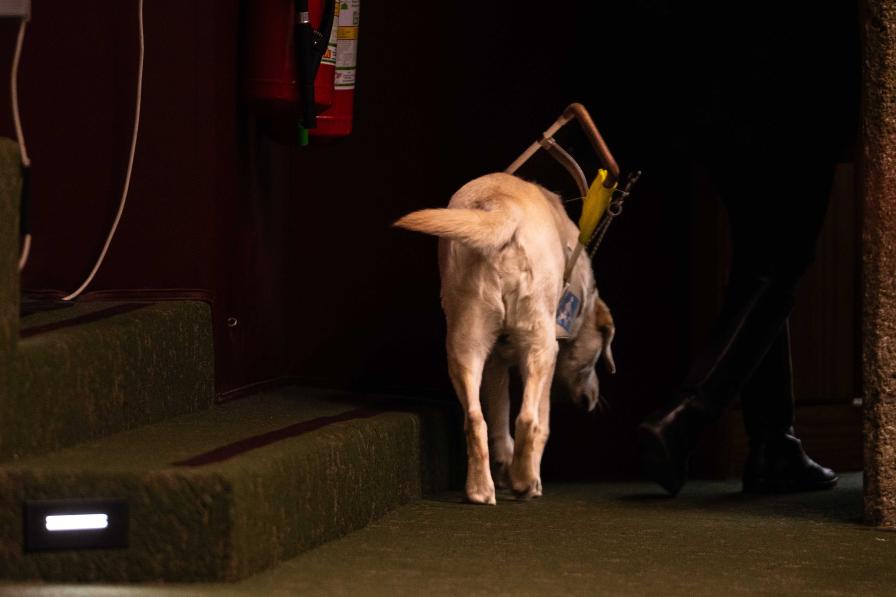Other than a vote in the Standing Committee (SC) on lifting Oman’s trade suspension—which did not pass—and a few other technical issues, the fourth day of the 78th meeting of the SC for the Convention on International Trade in Endangered Species (CITES) mostly covered wider societal issues. CITES, as it became clear, cannot be effective without explicitly addressing youth involvement, gender, and the participation of Indigenous Peoples.
Engaging the next generation in wildlife conservation and sustainable trade issues is vital to ensuring the future effectiveness of CITES—and indeed, the future of biodiversity itself. A youth representative from Denmark made an eloquent statement to that effect while introducing the document on the CITES Global Youth Network, underscoring its importance, which many parties lauded. In an uplifting gesture, Singapore announced a pledge of SGD 100,000 to the CITES Secretariat in support of the initiative.
The draft CITES Gender Action Plan proved more controversial. Several delegates raised eyebrows over wording referring to people “in all their diversity” and “of all genders” in the document. These delegates preferred either striking these references or modifying them to merely specify “women and girls.” Gender issues in CITES, as in society at large, remain unresolved for the time being.
Some parties clearly wished for CITES to focus primarily on its original mandate—the regulation of trade in endangered species—rather than branching off into wider societal issues. One delegate, for instance, asked that activities on the Gender Action Plan, as well as on the proposed non-binding guidance on engagement with Indigenous Peoples, be carried out outside of the core budget of the Secretariat. In discussions on the latter document, Australia drew attention to a 2023 letter by several UN high-level experts on the rights of Indigenous Peoples, made available as an Information Document at SC77. It asks all UN entities and state parties “to eliminate the use of the term “local communities” in conjunction with Indigenous Peoples…”
Delegates eventually agreed not to finalize language on these controversial topics, and referred them instead to the next Conference of the Parties (CoP20). As SC Chair Rosemarie Gnam deftly guided discussions back on course, the room, or at least a sweet guide dog at one delegate’s side, exhaled in quiet relief—no longer a full day behind, but merely half.
To receive free coverage of global environmental events delivered to your inbox, subscribe to the ENB Update newsletter.
All ENB photos are free to use with attribution. For SC 78, please use: Photo by IISD/ENB | Mika Schroder.
